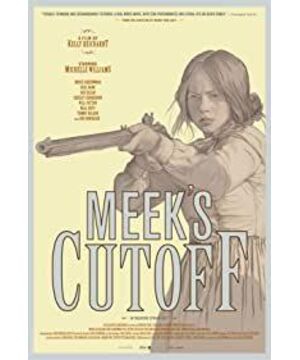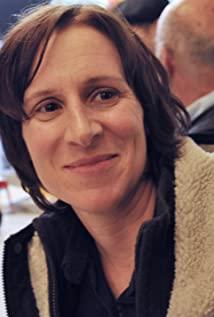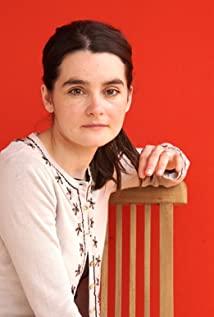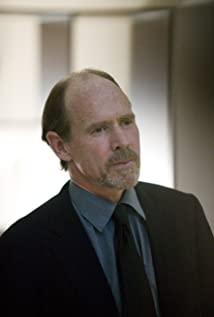Unlike traditionally male-directed gritty westerns, Kelly Reichardt's counter-genre takes a female perspective on colonial policy and the Indo-Aboriginal. Like many of her works, she still focuses on the vast land of Oregon, USA. The background of this time can be traced back to the pioneering period of the Great Western Migration in the 19th century. The film uses a square frame to restore a classical atmosphere. Although there is an important suspense throughout (whether the crowd can find the water), the director of the first half succeeds quite successfully in suppressing the possible dramatic conflict, replacing it with a dull and recurring description of daily life, sunrise and sunset. And rest. The natural landscape captured by long still shots, the use of natural light, and the display of the characters' loneliness are definitely the director's forte. Surprisingly, the feminist stance of the film is gradually revealed through the mysterious character of the Native American in the second half. In particular, the scene where the heroine uses the shotgun twice is particularly intriguing. In the front, the gun is fired for fear of the appearance of the Indians, but in the back, the gun is aimed at the guide who symbolizes the male in defense of the Indians. This relentless feminism reached its peak. With the help of the heroine's tone and perspective, the director boldly expresses his views on colonialism. In the name of cultivating barbaric regions with modern civilization, he actually destroys primitive civilization with brutal means. It is rare to see such a sharp political point of view in such a stylized work by such an author.
View more about Meek's Cutoff reviews











